Category: AI
-
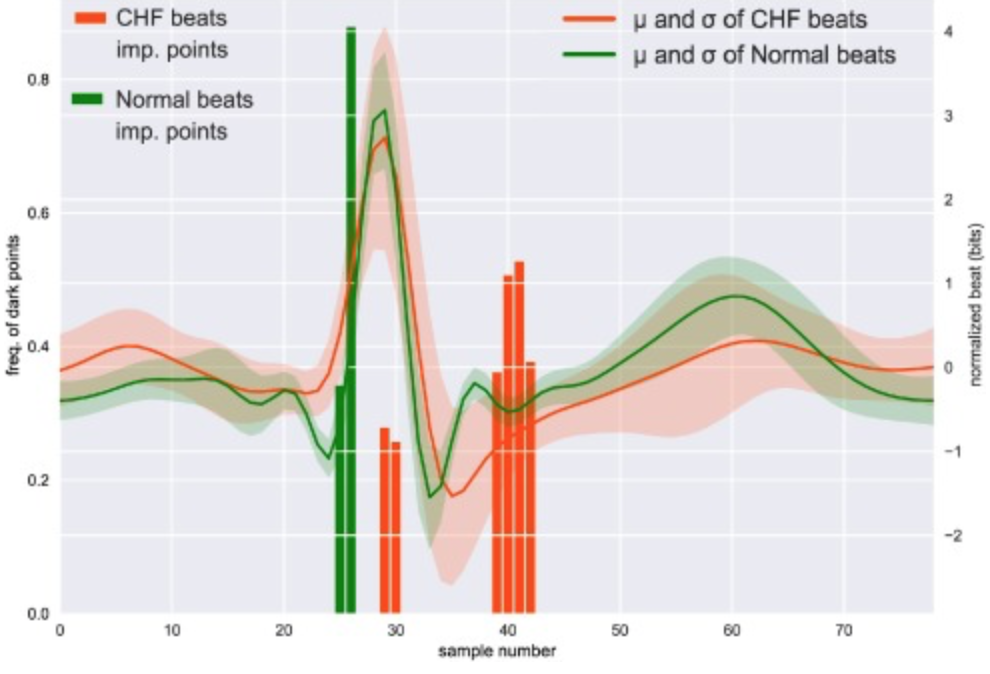
AI detects CHF through analysis of one heartbeat
Sebastiano Massaro at the University of Surrey, Mihaela Porumb and Leandro Pecchia at the University of Warwick, and Ernesto Iadanza at the University of Florence have developed an advanced signal processing and machine learning method to identify congestive heart failure with 100% accuracy through analysis of one raw ECG heartbeat. The CNN model was trained and…
-
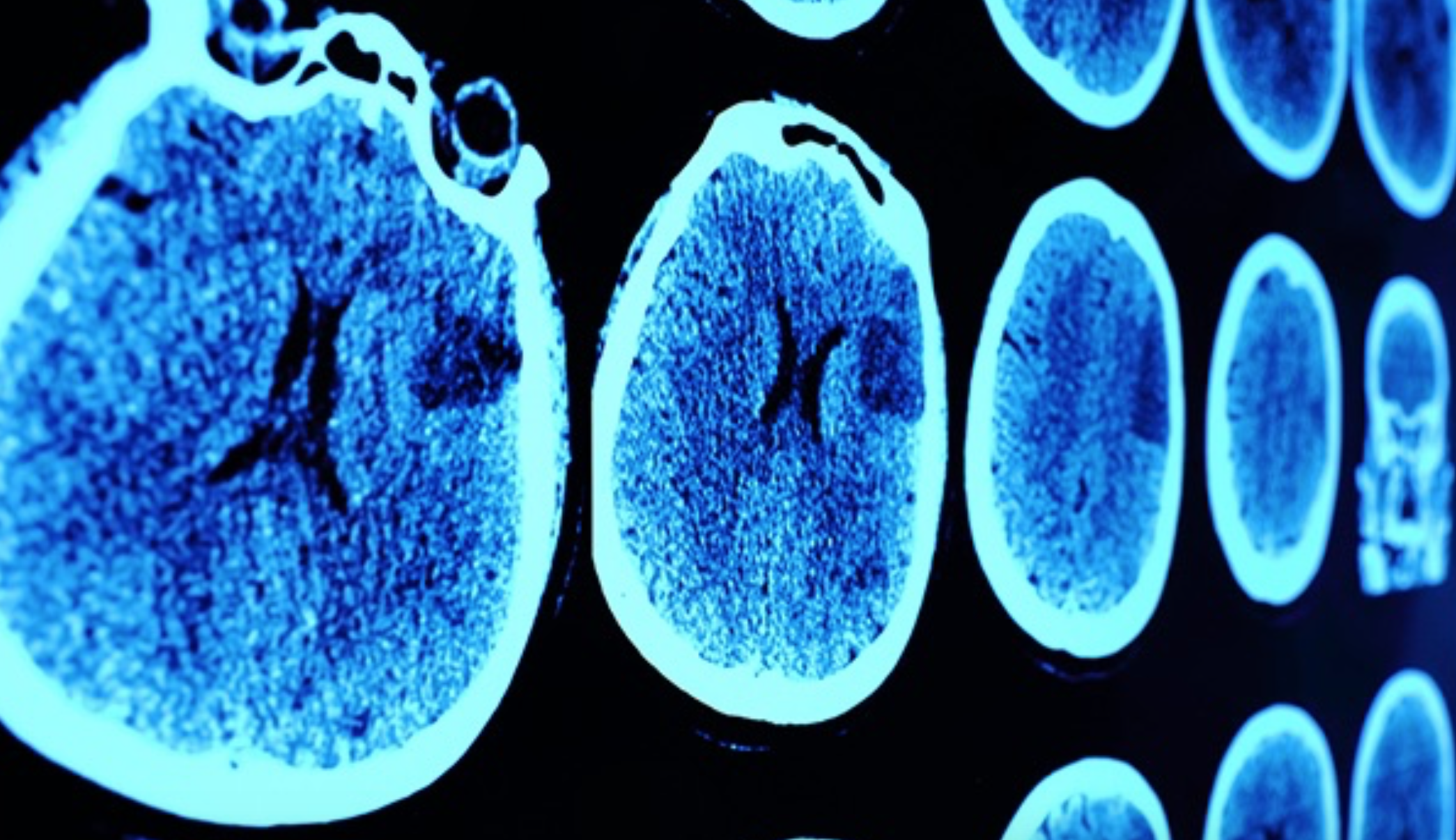
AI detects brain aneurysms, predicts rupture risk in surgery
Fujitsu, GE Healthcare, Macquarie University and Macquarie Medical Imaging are using AI to detect and monitor brain aneurysms on scans faster and more efficiently. Fujitsu will use AI to analyze brain images generated by GE’s Revolution C scanner and an algorithm that detect abnormalities and aneurysms. The algorithm will be capable of highlighting an arterial ring…
-
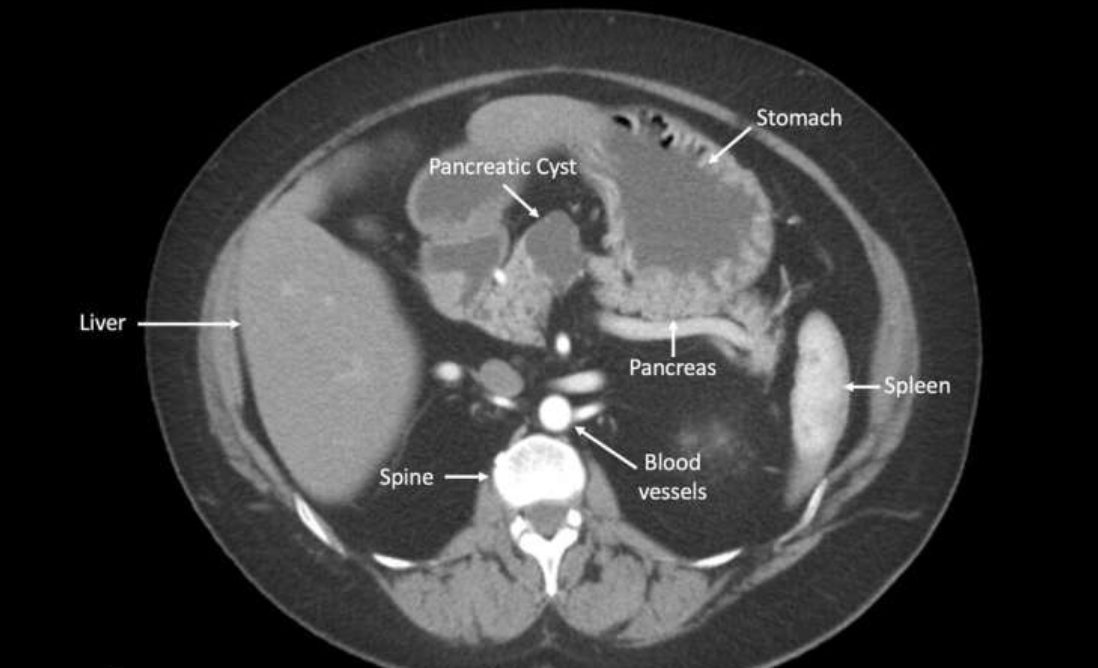
AIgorithm detects cancer potential of pancreatic cysts
CompCyst is a proof-of-concept study, led by Anne Marie Lennon at Johns Hopkins, which uses AI to more accurately determine which pancreatic cysts will become cancerous. The test evaluates molecular and clinical markers in cyst fluids, and could significantly improve detection rates vs. current clinical and imaging tests. In the study, the researchers evaluated molecular profiles,…
-
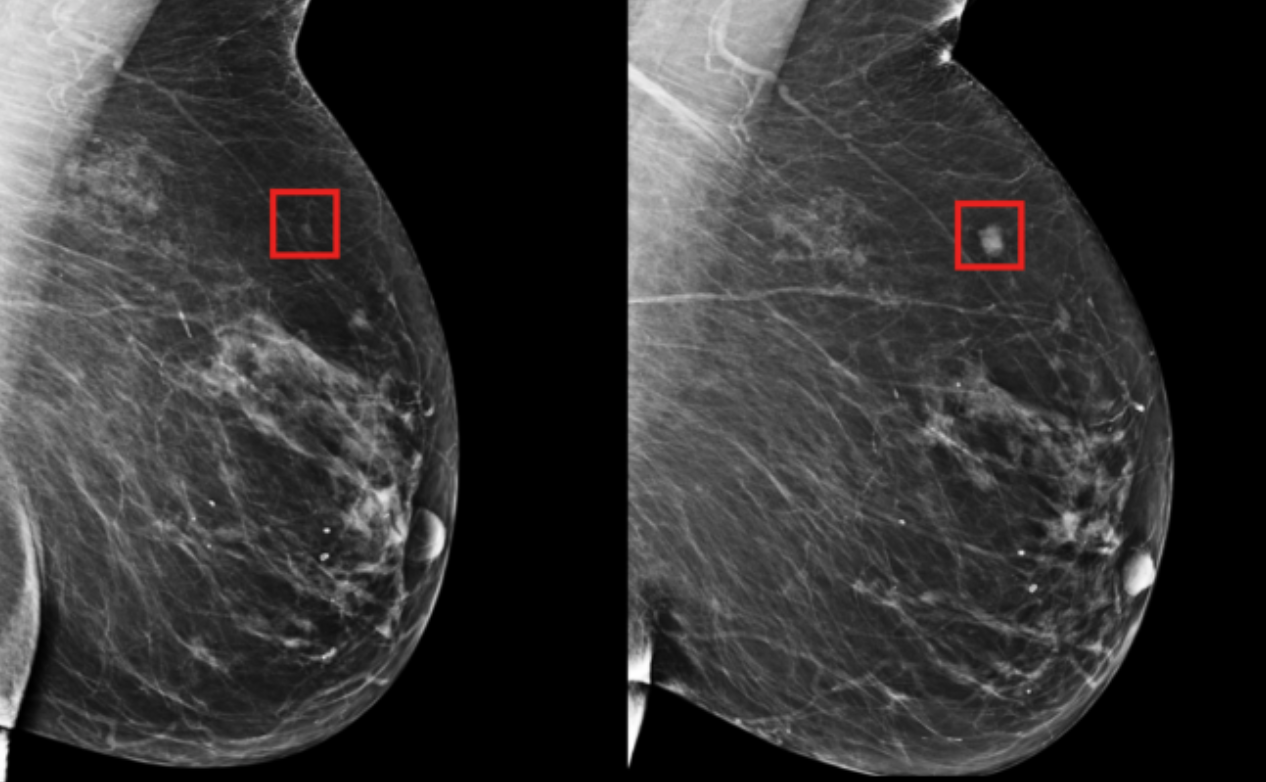
Deep learning mammography model detects breast cancer up to five years in advance
MIT CSAIL professor Regina Barzilay and Harvard/MGH professor Constance Lehman have developed a deep learning model that can predict breast cancer, from a mammogram, up to five years in the future. The model learned subtle breast tissue patterns that lead to malignant tumors from mammograms and known outcomes of 90,000 MGH patients. The goal is…
-
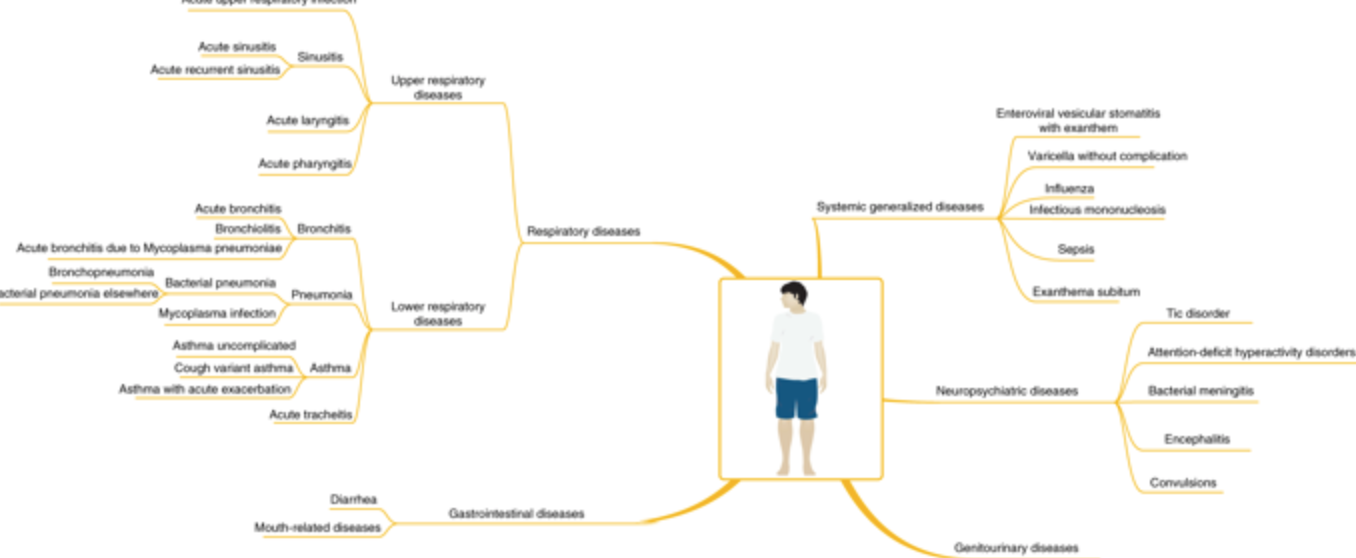
Study: AI accurately predicts childhood disease from health records
Xia Huimin and Guangzhou Women and Children’s Medical Center researchers used AI to read 1.36 million pediatric health records, and diagnosed disease as accurately as doctors, according to a recent study. Common childhood diseases were detected after processing symptoms, medical history and other clinical data from this massive sample. The goal is the diagnosis of complex…
-
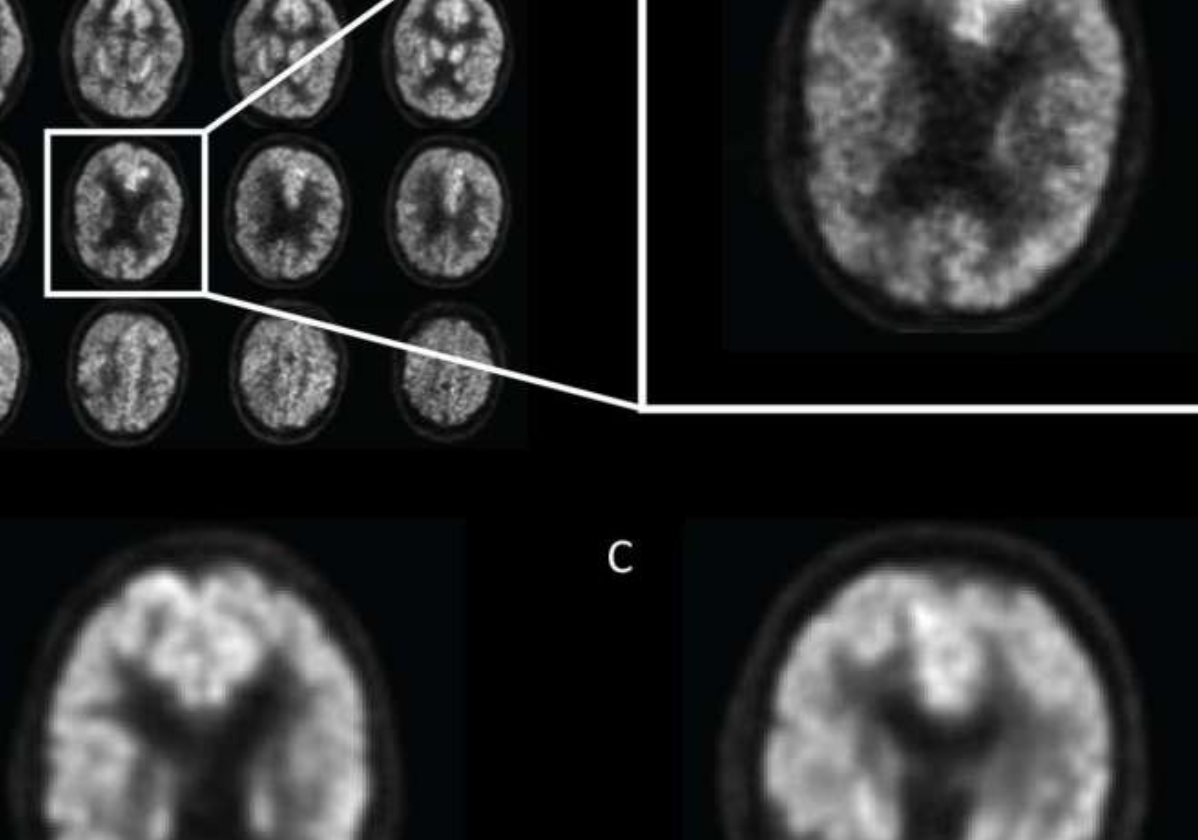
Alzheimer’s detected by AI 6 years before diagnosis
In a recent study, Jae Ho Sohn and UCSD colleagues used an AI to analyze glucose-monitoring PET scans to detect early-stage Alzheimer’s disease six years before diagnosis. The algorithm was trained on PET scans from patients who were eventually diagnosed with Alzheimer’s disease, MCI, or no disorder. It was able to identify 92% of patients who…
-
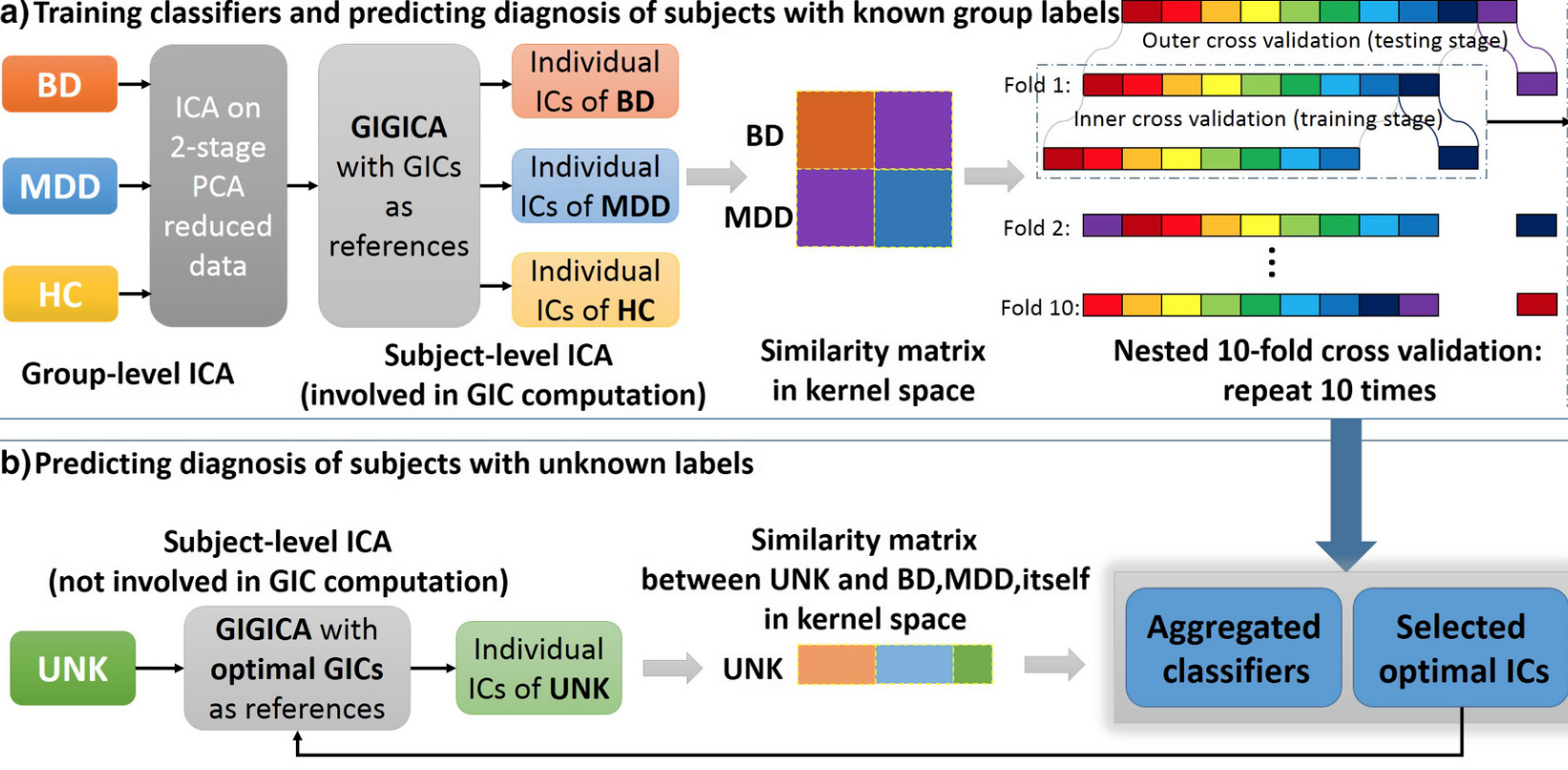
AI predicts response to antipsychotic drugs, could distinguish between disorders
Lawson Health Research Institute, Mind Research Network and Brainnetome Center researchers have developed an algorithm that analyzes brain scans to classify illness in patients with complex mood disorders and help predict their response to medication. A recent study analyzed and compared fMRI scans of those with MDD, bipolar I, and no history of mental illness, and…
-
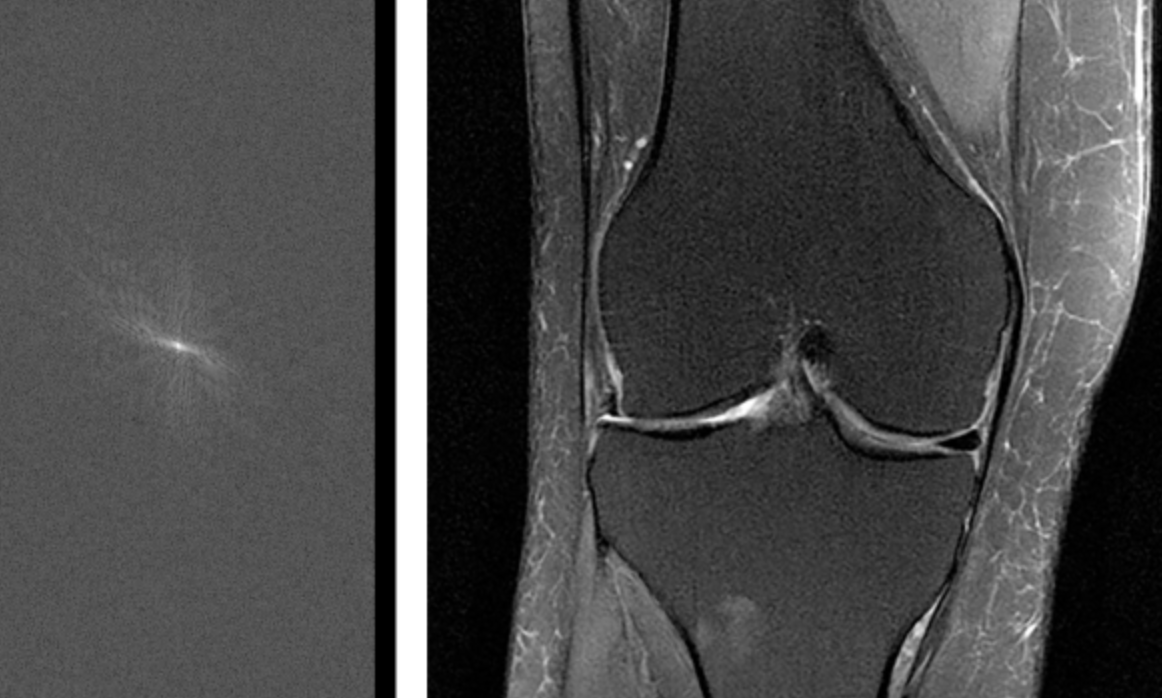
AI speeds MRI scans
Facebook and NYU’s fastMRI project, led by Larry Zitnick, uses AI in an attempt to make MRI imaging 10 times faster. Neural networks will be trained to fill in missing or degraded parts of scans, turning them from low resolution into high. The goal is to significantly reduce the time patients must lie motionless inside an…
-
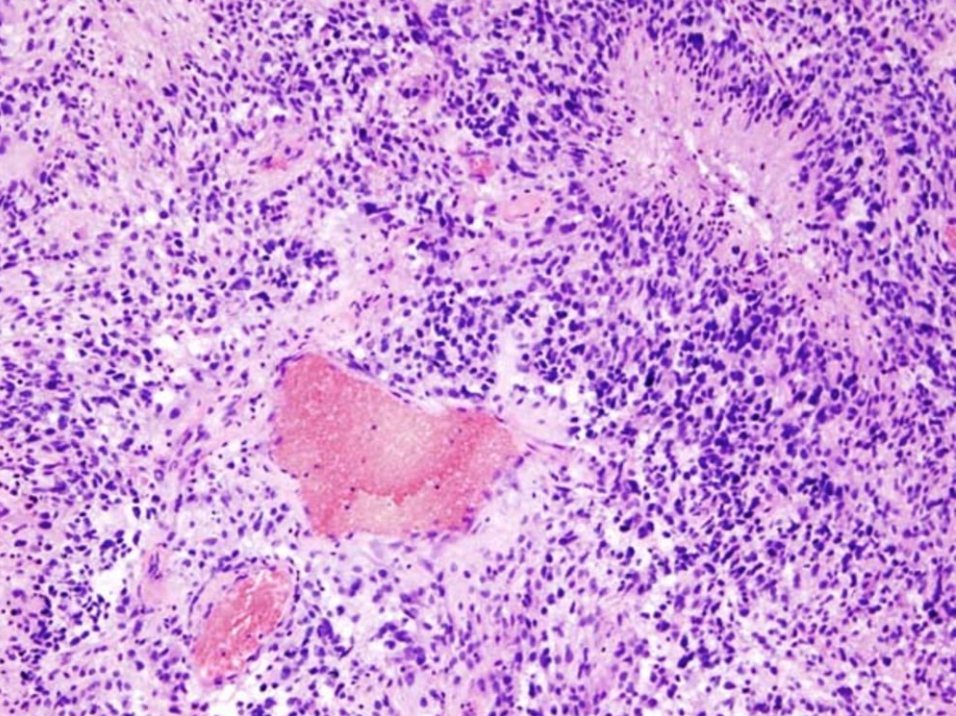
AI – optimized glioblastoma chemotherapy
Pratik Shah, Gregory Yauney, and MIT Media Lab researchers have developed an AI model that could make glioblastoma chemotherapy regimens less toxic but still effective. It analyzes current regimens and iteratively adjusts doses to optimize treatment with the lowest possible potency and frequency toreduce tumor sizes. In simulated trials of 50 patients, the machine-learning model…
-
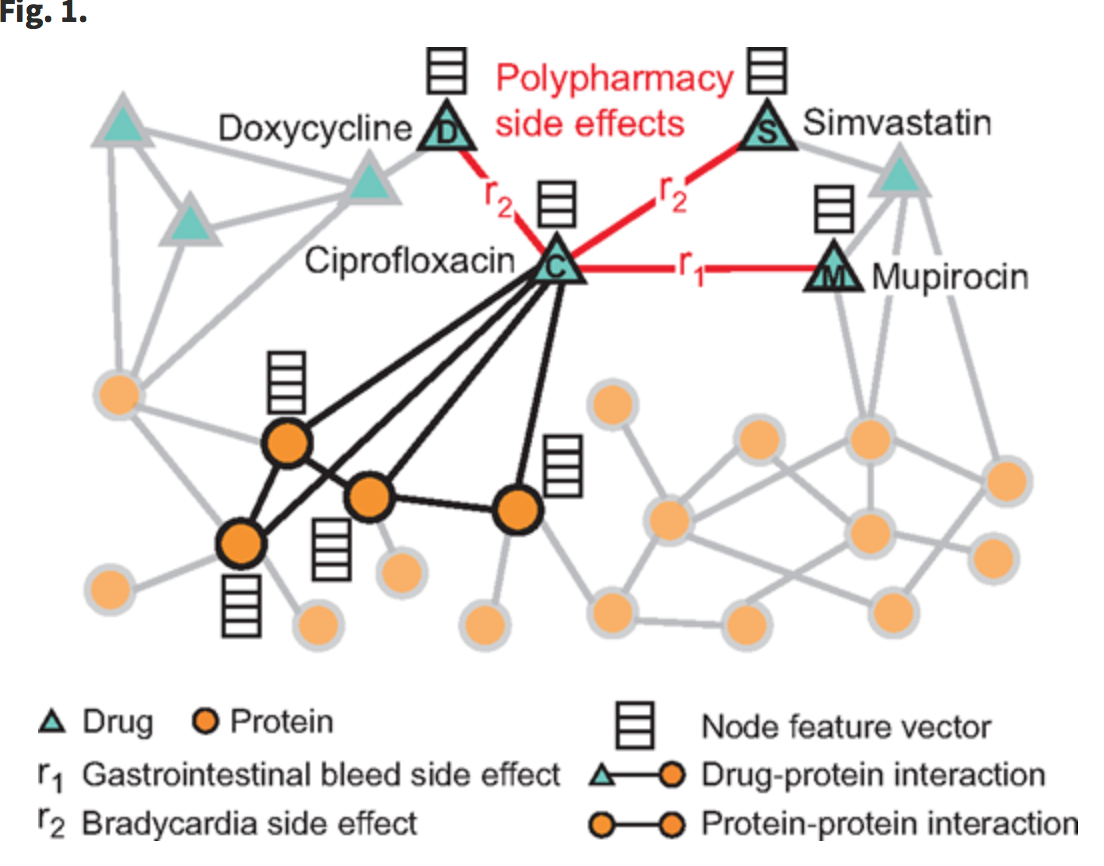
AI predicts drug combination complications
Stanford’s Monica Agrawal, Jure Leskovec and Marinka Zitnik used AI to study the body’s underlying cellular machinery and predict side effects of drug combinations. There are about 1,000 known side effects and 5,000 drugs on the market, making nearly 125 billion possible side effects between all possible pairs of drugs. The team created a network describing…
-

Vinod Khosla on AI in healthcare | ApplySci @ Stanford
Vinod Khosla discussed AI at ApplySci’s recent Wearable Tech + Digital Health + Neurotech conference at Stanford; Join ApplySci at the 9th Wearable Tech + Digital Health + Neurotech Boston conference on September 24, 2018 at the MIT Media Lab. Speakers include: Rudy Tanzi – Mary Lou Jepsen – George Church – Roz Picard – Nathan Intrator…
-
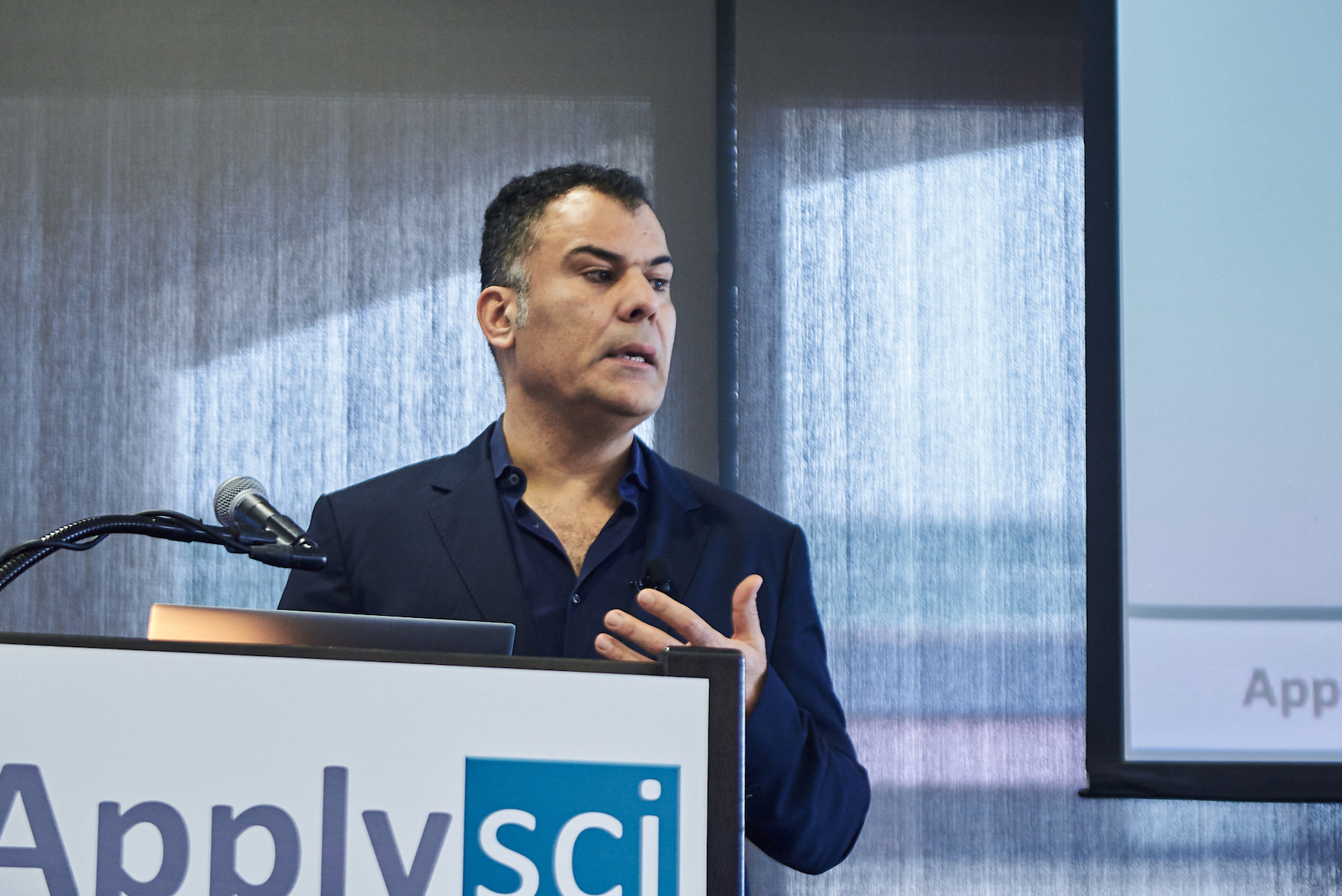
Tony Chahine on human presence, reimagined | ApplySci @ Stanford
Myant‘s Tony Chahine reimagined human presence at ApplySci’s recent Wearable Tech + Digital Health + Neurotech conference at Stanford: Join ApplySci at the 9th Wearable Tech + Digital Health + Neurotech Boston conference on September 24, 2018 at the MIT Media Lab. Speakers include: Rudy Tanzi – Mary Lou Jepsen – George Church – Roz Picard –…